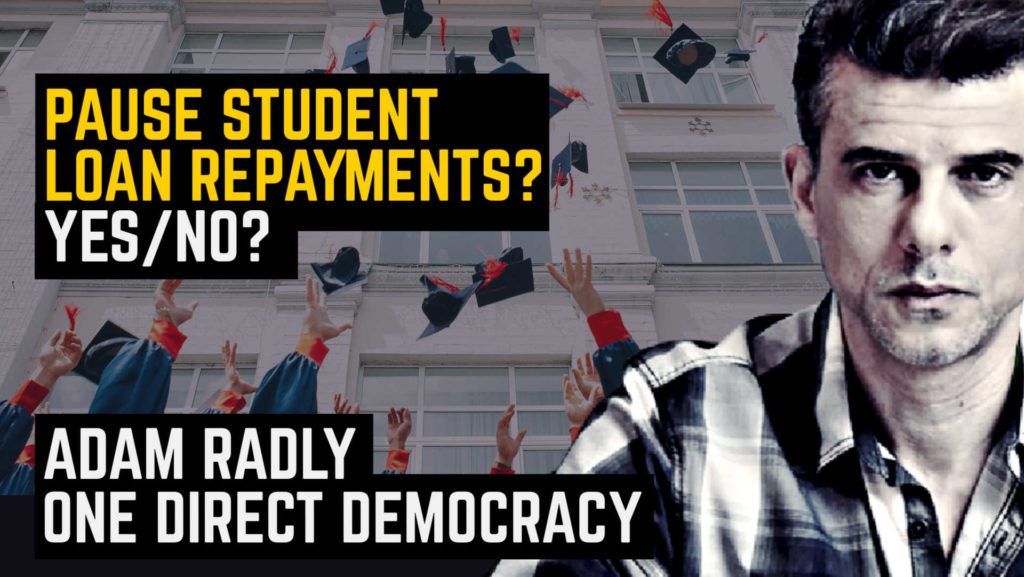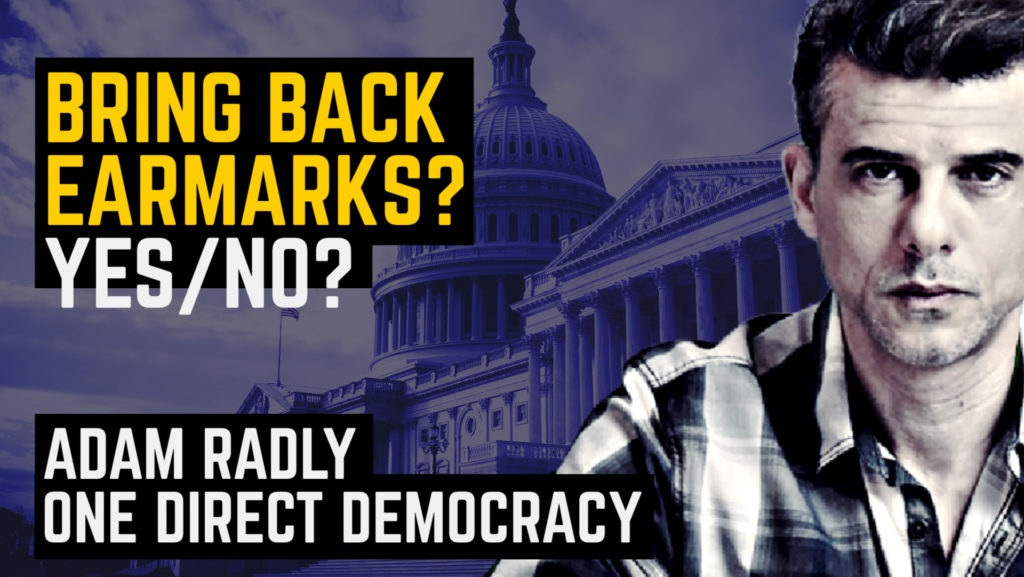Extend student loan pause to August? Yes/No?
If it happens, it will be the sixth time the loan repayment freeze has been extended since it began in March 2020. Okay, so how many people will be impacted by this policy? According to this article from ABC News:
“The action applies to more than 43 million Americans who owe a combined $1.6 trillion in student debt held by the federal government, according to the latest data from the Education Department.”
“Nearly 37 million borrowers have saved about $195 billion from the moratorium through April 2022, according to a report released last month by the Federal Reserve Bank of New York.”
“The same report also found that student loan borrowers who didn’t benefit from the extended moratorium had 33% higher rates of delinquency on other debt.”
One way to figure out whether this policy is even required is to look at the number of defaults on student loans.
“That includes more than 7 million borrowers who have defaulted on student loans, meaning they are at least 270 days late on payments.”
So how will this work specifically?
“Borrowers will not be asked to make payments until after Aug. 31, and interest rates are expected to remain at 0% during that period.”
So is this just about the pandemic or is this part of a push to eliminate student debt?
“Sen. Patty Murray said more time is needed to help Americans prepare for repayment and to rethink the government’s existing system for repaying student debt.”
This is what Senator Pat Murray had to say about it?
“It is ruining lives and holding people back,” she said in a statement last month. “Borrowers are struggling with rising costs, struggling to get their feet back under them after public health and economic crises, and struggling with a broken student loan system — and all this is felt especially hard by borrowers of color.”
Murray called on the Biden administration to lift all borrowers out of default to provide a “fresh start” following the pandemic.
This is not the only person calling for the extension of the pause.
“In March, the St. Louis Federal Reserve Bank warned that resuming loan payments could place a heavy burden on borrowers who faced financial hardship during the pandemic. It said the impact would be hardest on Black families, who are more likely to rely on student loans to pay for college.”
Okay, how did the current loan repayment pause start and what are the rules?
“The Trump administration initially gave Americans the option to suspend loan payments in March 2020, and Congress made it automatic soon after. The pause was extended twice by the Trump administration and twice more under Biden.”
The obvious related issue here is canceling student debt.
“It remains in question whether Biden will pursue widespread debt forgiveness to reduce the nation’s student debt. Some Democrats in Congress have pressed Biden to use executive action to cancel $50,000 for all student loan borrowers, saying it would jumpstart the economy and help Black Americans who on average face higher levels of student debt.”
You might be thinking, even if the government decided to cancel the debt, what are the mechanics of actually doing it?
“Last year, Biden asked the Education and Justice departments to review the legality of widespread debt cancellation, but no decision has been announced.”
Finally, what is Joe Biden’s position on canceling student debt?
“Biden previously said he supports canceling up to $10,000, but he argued it should be done through congressional action.”
This is my personal opinion on this issue.
It obviously makes sense to pause loan repayments when something like a pandemic causes a massive interruption in people’s lives. I think the bigger issue is canceling student debt. This is a whole separate issue so I’ll get into it in more detail in another video but the two most important issues are:
1. What will it cost and what will the country get in return for that cost? Or, to use simple terms, what’s the cost-benefit analysis? I know it sounds cold but you still have to do it.
2. How can this be done in a way that is fair to everyone. I would hate to be the best last student that was forced to pay my student debt.
I’ve created a listing on the One Direct Democracy platform so that we can develop ideas about How long should the pause on student loan repayments run? You can add your own ideas or vote and comment on ideas from other people. You can also create your own listings for people to vote on. It’s a simple way to get used to using the One Direct Democracy system.
So that’s the summary of the key issues.
If you could vote directly on this proposed policy to extend the pause on student loan repayments, would you vote for it or against it?
The reality is that we have reached a point in time in our evolution where Representative Democracy no longer serves the will of the people.
That’s why I created One Direct Democracy. It’s a movement for upgrading the global democratic system by taking the power away from politicians and putting it in the hands of the people by using direct democracy.
I’ve created the technology, a framework for direct democracy and a plan for how to make it happen. We don’t have to convince any politicians or powerful people to do anything to make this happen. We have the power to do it on our own. We just have to decide to do it.
Direct Democracy is the purest form of democracy.
Representative Democracy is an outdated blunt instrument.
Links to related content


